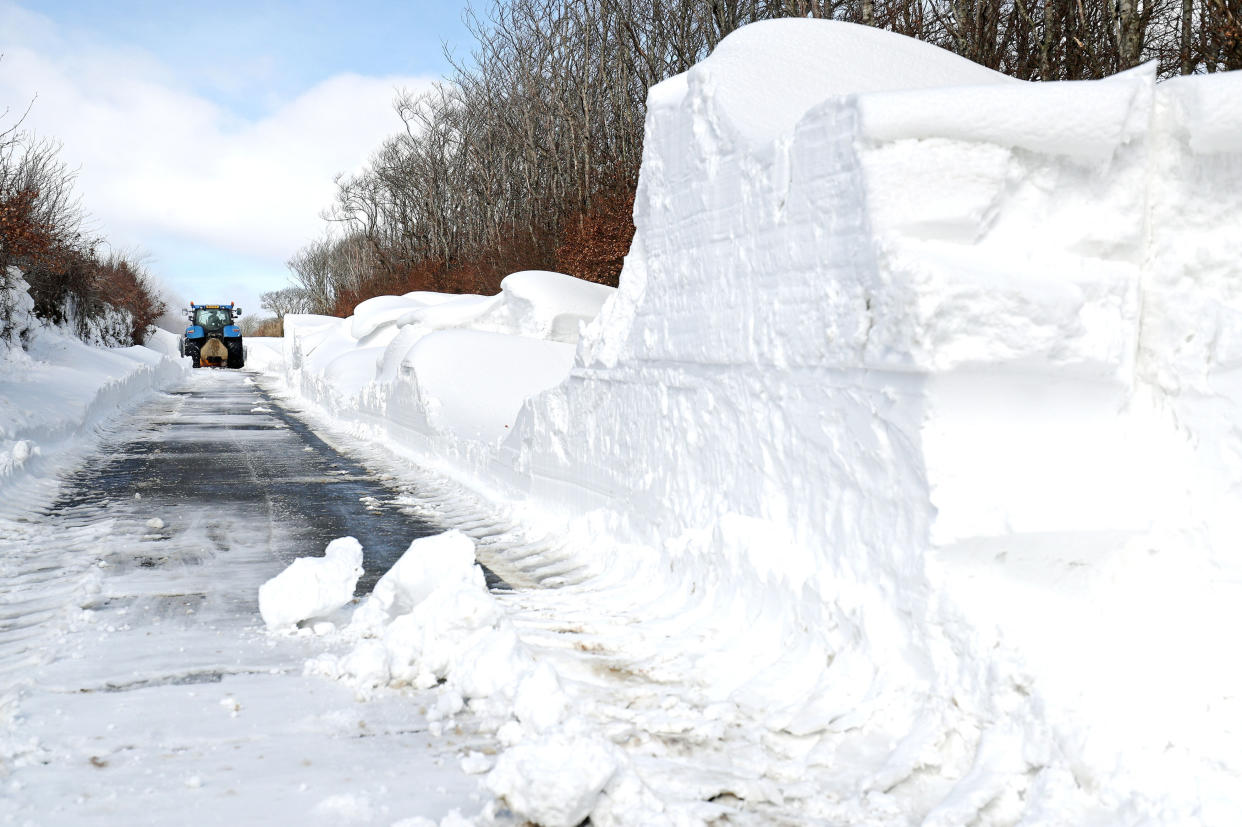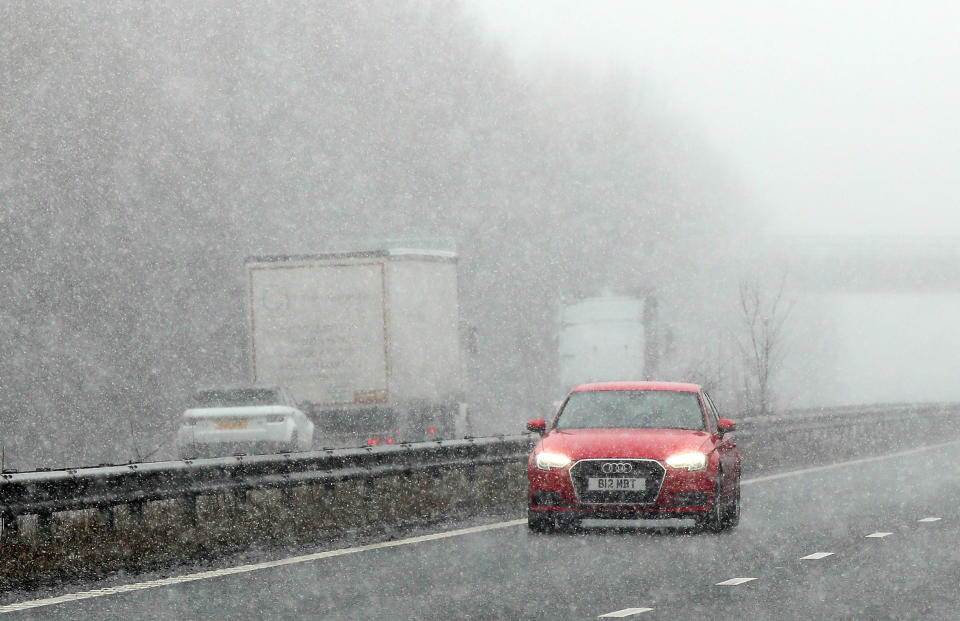New 'Beast from the East' could cause one of the coldest winters in three decades

The UK could be set to experience one of the coldest winters in three decades, scientists have warned.
Meteorologists say an even more extreme version of the “Beast from the East” could see parts of the country hit with blizzard-like conditions throughout much of January and February next year.
Using ground-breaking analysis of sea temperatures and air pressures, scientists have been able to predict one of the longest-range UK weather forecasts ever recorded - according to The Sunday Times.
Mark Saunders, professor of climate prediction at University College London (UCL), said: “This would rank the 2020 January-February central England temperature as the coldest winter since 2013.”

“It would also rank January-February 2020 as the seventh coldest winter in the past 30 years.”
“There is a 57% chance the central England temperature will be colder than in 2018, thus making it the coldest January-February since 2013,” he added.
The scientists believe that the jet stream, the high-altitude wind that pushes weather systems across the Atlantic to Britain, will be diverted to hit Britain over the winter.
READ MORE FROM YAHOO NEWS UK:
Bumblebees suffering after UK hit by extreme weather throughout 2018
Thousands of homes across UK left without water as thawing temperatures bursts pipes
'Beast from the East' blankets Britain and Ireland in snow
The weather system will bring freezing Arctic air and extreme weather conditions over the UK.
Such a freezing winter would follow a year in which a temperature of 38.7C was recorded at Cambridge University Botanic Garden on July 25, the highest yet on record in the UK.
That exceeded the previous record of 38.5C (101.3F) set in Faversham, Kent, in August 2003.
Several countries in Europe also saw their record temperatures broken in a series of fierce heatwaves.
Earlier this summer, research found the record-breaking July heatwave in central and western Europe would have been up to 3C (5.5F) cooler if the climate was not changing.
There is “extremely little chance” that some of the high temperatures would have been reached if humans had not had an impact on the climate, the World Weather Attribution report adds.
It said heatwave temperatures recorded in France and the Netherlands in the last week of July, which exceeded 40C, would only occur around once every 1,000 years without climate change.
And it said hot spells like the one recorded in the UK and Germany would only occur around every 50 to 100 years if global warming was not taking place.

 Yahoo News
Yahoo News 
